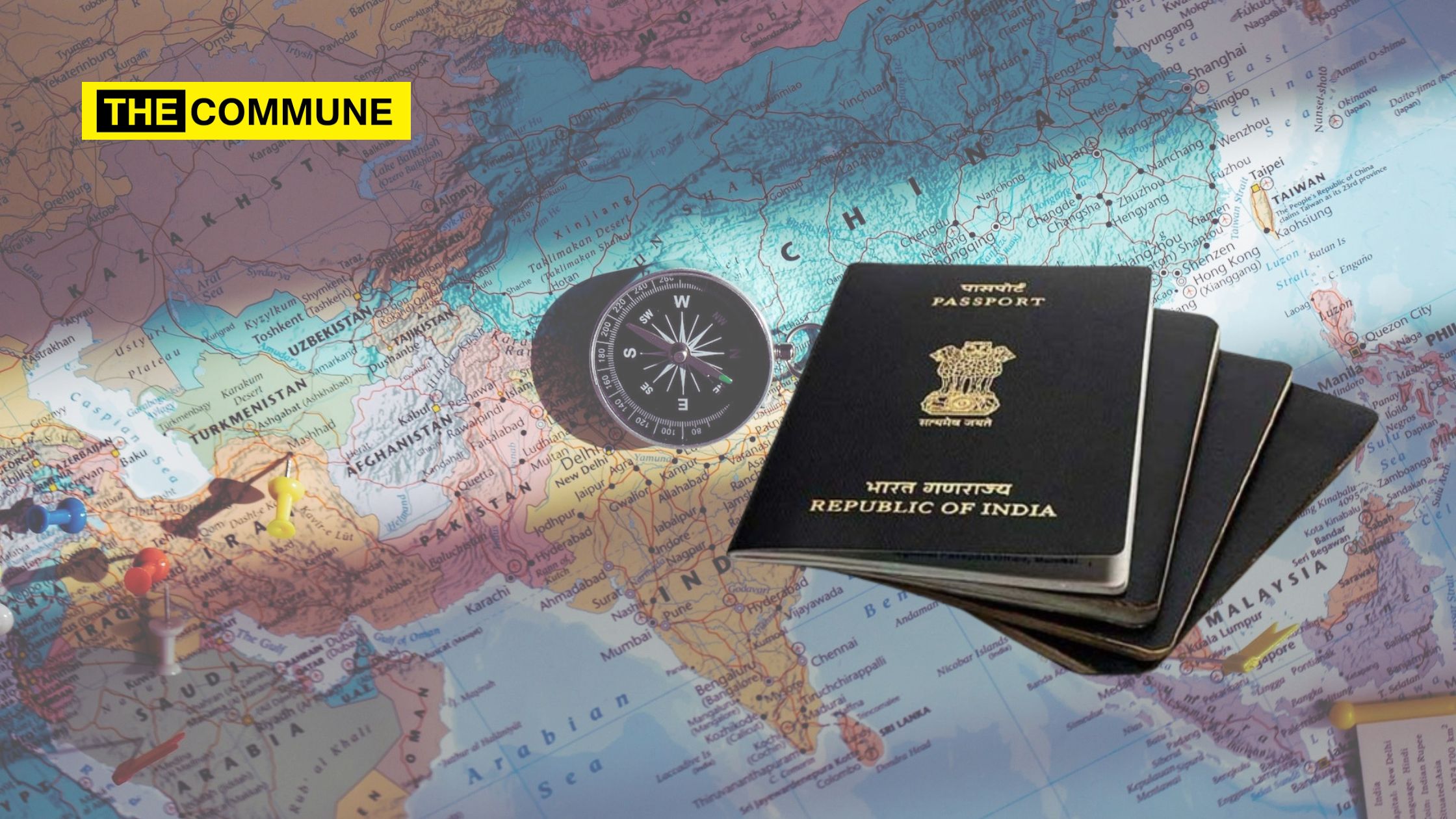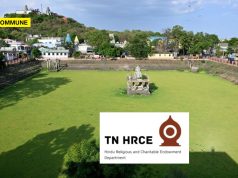
According to the latest report from Henley and Partners, the ranking of the Indian passport has improved, moving up from the 87th position in 2022 to the 80th position in 2023. This advancement grants Indian passport holders visa-free access to 57 countries. The rankings in the Henley Passport Index are determined by the number of destinations that passport holders can visit without requiring a visa in advance. This is primarily based on data sourced from the International Air Transport Association (IATA).
India shares the 80th position in the Henley Passport Index with Senegal and Togo.
Indian passport has visa-free access to 57 countries; Singapore’s most powerful at 192: Report
Read @ANI Story | https://t.co/ifIbqrve4z#Passport #PassportIndex #India #Singapore #Japan pic.twitter.com/a3527YP3iU
— ANI Digital (@ani_digital) July 19, 2023
Singapore Takes Top Spot
Singapore has taken over the top spot on the Henley Passport Index, displacing Japan for the first time in five years. Japan, previously holding the leading position, now stands in third place. Singapore’s passport has officially been declared the most powerful in the world, granting its citizens visa-free access to 192 out of 227 travel destinations worldwide.
Germany, Italy, and Spain have ascended to the second position in the rankings with visa-free access to 190 destinations. Japan’s passport holders now join Austria, Finland, France, Luxembourg, South Korea, and Sweden in the third position, with access to 189 destinations without requiring a prior visa.
After experiencing a six-year decline, the UK has now made a significant improvement, rising two places in the latest ranking to reach the fourth position. This position is the same one it last held in 2017.
In contrast, the United States continues its decade-long decline on the index, falling another two spots to the 8th position. US passport holders now have visa-free access to 184 destinations. Nearly 10 years ago, in 2014, both the UK and the US jointly held the top position on the index, but they have been steadily descending in rankings since then.
Among the countries within the ‘Top 10,’ the United States has observed the smallest rise in its score on the Henley Passport Index over the last decade, acquiring visa-free access to only 12 additional destinations between 2013 and 2023. In contrast, Singapore has notably increased its score by 25, propelling it five positions higher in the ranking over the past 10 years, ultimately securing the top spot on the index.
Afghanistan retains its position at the bottom of the Index, offering visa-free access to only 27 destinations. It is followed by Iraq with access to 29 destinations and Syria with access to 30 destinations. These three countries have the weakest passports in the world in terms of travel freedom.
Over the 18-year history of the ranking, there has been a consistent trend towards increased travel freedom, with the average number of destinations accessible to travelers visa-free almost doubling from 58 in 2006 to 109 in 2023.
Nevertheless, the disparity in global mobility between the highest and lowest rankings on the index has reached its widest point. Singapore, holding the top position, enjoys visa-free access to 165 more destinations compared to Afghanistan, which is at the bottom of the ranking.
According to Christian H. Kaelin, the Chairman of Henley and Partners and the creator of the passport index concept, only eight countries globally have experienced a reduction in visa-free access over the past decade. In contrast, many other countries have achieved more success in providing their citizens with increased travel freedom.
“The UAE has added an impressive 107 destinations to its visa-free score since 2013, resulting in a massive leap of 44 places in the ranking over the past 10 years from 56th to 12th position. This is almost double the next biggest climber, Colombia, which has enjoyed a jump of 28 places in the ranking to sit in 37th spot,” Kaelin added.
Ukraine and China have also emerged as two of the top 10 countries with the most notable improvements in their rankings over the past decade.
“Far more than just a travel document that defines our freedom of movement, a strong passport also provides significant financial freedoms in terms of international investment and business opportunities. Global connectivity and access have become indispensable features of wealth creation and preservation, and its value will only grow as geopolitical volatility and regional instability increase.”
“Most Open” Countries
In terms of the “most open” countries, the top 20 consists primarily of small island nations and African states, with the exception of Cambodia.
A total of 12 countries are considered completely open, offering visa-free or visa-on-arrival entry to all 198 passports worldwide (excluding their own). These countries include Burundi, Comoro Islands, Djibouti, Guinea-Bissau, Maldives, Micronesia, Mozambique, Rwanda, Samoa, Seychelles, Timor-Leste, and Tuvalu.
The Henley Openness Index’s lowest rankings are held by four countries that score zero, offering no visa-free access to any passport. These countries are Afghanistan, North Korea, Papua New Guinea, and Turkmenistan. Following the four countries at the bottom of the Henley Openness Index, there are five additional countries that grant visa-free access to fewer than five other nationalities. These countries are Libya, Bhutan, Eritrea, Equatorial Guinea, and India, according to the report.
(With inputs from ANI)
Click here to subscribe to The Commune on Telegram and get the best stories of the day delivered to you personally.




